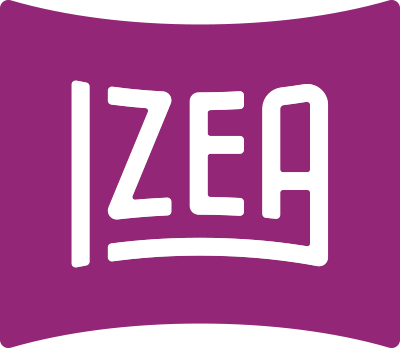The best influencer marketing news fit to share this week. Stories, articles and content collected throughout the week of September 24-28 and curated by our influencer marketing experts especially for you in this weekly thought leadership roundup.
Snapchat Links with Amazon on Visual Search Function
Mobile Marketer
Snap’s partnership with Amazon on visual search builds on the app’s momentum in the m-commerce space, which could, in turn, elevate Snapchat beyond a niche social media tool to become more sticky and have more utility in users’ everyday lives. Amazon’s affiliate marketing program pays commissions to businesses that provide links to its products, and if the Snapchat visual search proves popular, it could generate much sought after revenue for the image-sharing platform that has struggled to significantly grow on that front since going public last year.
Read more…
Inside the Launch of Something Navy, Nordstrom’s First Influencer-Created Brand
Glossy
Looking to build meaningful connections with new consumers, Nordstrom is ramping up its focus on influencer fashion lines. On Monday, Nordstrom launched private-label brand Something Navy, created with the influencer behind the blog of the same name, Arielle Charnas. She has 1.1 million followers on Instagram, while @somethingnavy has 118,000. Nordstrom currently has more than 35 private label lines, and each has a design director who oversees the brand. For Something Navy, Charnas provided the design director with inspiration, from calling out interesting shapes she wanted to see to creating mood boards.
To Grow Your Business Abroad, Partner with Local Influencers
Harvard Business Review
When companies expand into foreign markets, they need to gain the trust of local business partners and prospective customers in order to succeed. The most common ways of doing this are to send executives to build personal relationships with international business partners and to hire local distribution partners — or independent, third-party intermediaries — to represent their products or services overseas.
Read more…
Small Businesses Can Now Create Pinterest ‘Shop the Look’ Pins With New Self-Service Tool
Adweek
Pinterest opened up its Shop the Look visual search tool to creators and small and midsized businesses last week, enabling them to create shoppable Pins via a self-serve tagging tool. The tool can be used to tag any product in a Shop the Look Pin and direct people to sites where they can purchase the product. Shop the Look Pins had only been available to larger companies through third-party Pinterest Marketing Partners, and Pinterest said users have clicked on those Pins twice as often as traditional Pins.
Read more…
Employers Are Looking for ‘Influencers’ Within Their Own Ranks
The Atlantic
On August 19th, a video appeared on the Macy’s website. It opens with a light-flooded room, in which a young woman sits in front of a mirror. “Macy’s” is spelled out on the wall in gold, glittering cardboard letters attached to a string with clothespins, like decorations at a child’s birthday party. The woman—Isabel Campbell, a digital assistant in the petites department at Macy’s—introduces herself. “I am a very relaxed type of girl—I love to just shop around, have brunch with my friends,” she says. “And this”—gesturing to her clothes—“is my go-to outfit: an oversized sweater from Free People and a Free People jean skirt.” If you like what you see, you can click the links that appear nearby to buy similar products from Macy’s.
Read more…
Brand-Safety Concerns are Making Influencer Marketing More Expensive
Digiday
Brand-safety concerns are driving brands to ask more of their influencer marketing agencies — and that’s coming with a cost. Influencer agencies usually include content reviews, also called brand-safety approvals or checks, within the overall package of a campaign when presented to clients, but say they don’t charge clients extra for those services. But these agencies have to pay influencers more for their extra work, which inflates the price of an overall campaign. If a company asks an influencer to deliver one set of photos, for instance, and then decides to have them redo those photos after a content review, that influencer is going to spend much more time on the campaign.
Read more…




